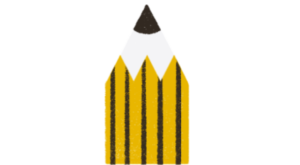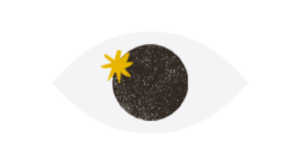Research
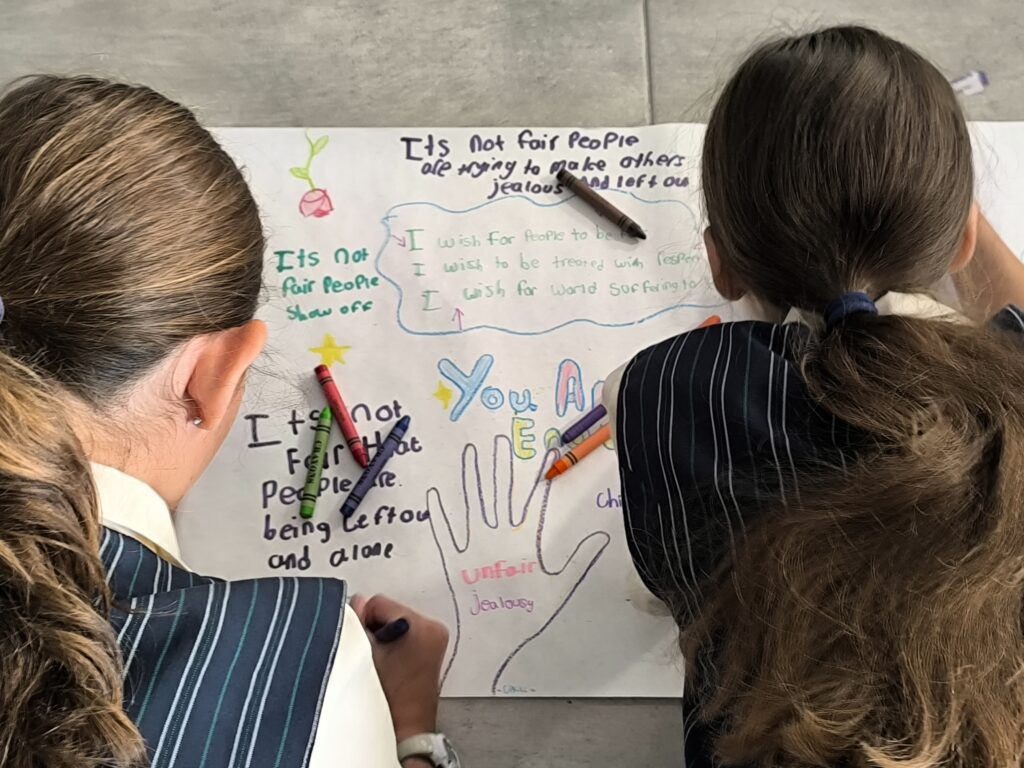
The Seen and Heard academic team has adopted a rigorous mixed-method study in which quantitative and qualitative data are collected simultaneously in Malta, Wroclaw and Berlin, to establish young people’s understanding and experience of freedom of expression, in Europe.
For maximum objectivity and rigour, our research combines a comprehensive suite of qualitative research methodologies supported by extensive quantitative research involving the participation of over 500 students in all three participating countries, aged 10-14.
The process so far
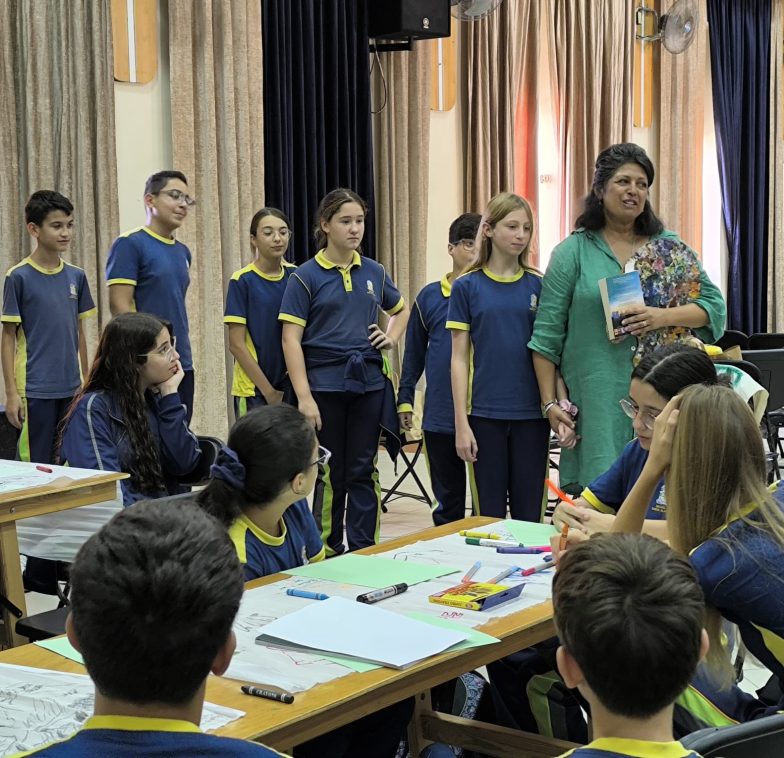
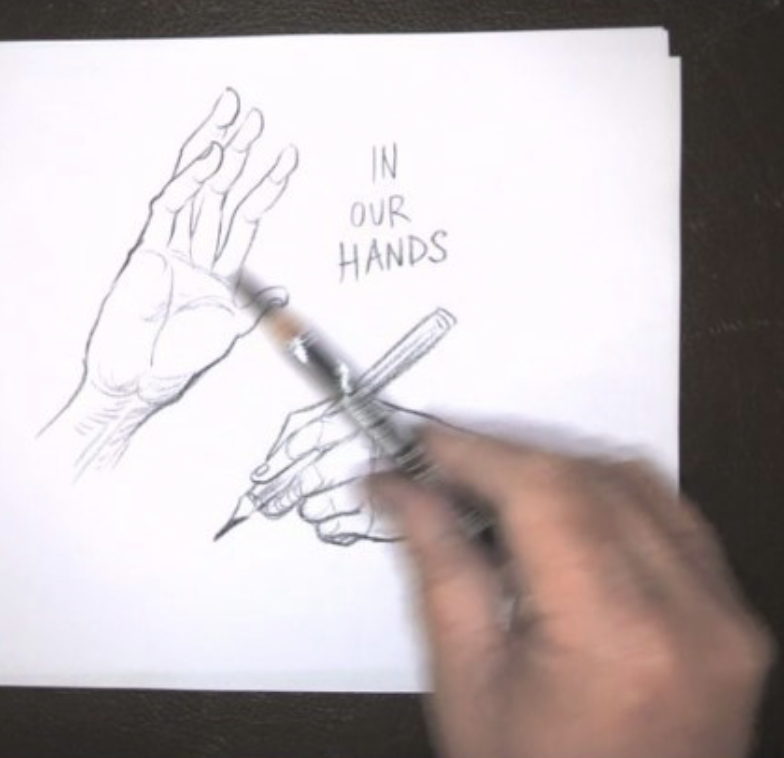
- human rights education as a method of promoting youth participatory citizenship
- artography as a method of understanding protest and freedom of expression to
- methodology based on care and intergenerational solidarity
- co-curating protest with young people transmedially and cross-sectorally.
Using the idea of ‘creative protest’ as a basis for social change, the project places youth at risk of marginalisation and exclusion, at the centre of political dialogue through blended learning experiences and sustained support from researchers, educators, artists, activists, publishers, and policy makers.
The project develops in three phases across three countries; research on human rights with 10 to 14-year-old children in schools, a freedom of expression and creative protest mentoring programme, and the launch of a social movement.
While working with the participants, researchers are mentoring the young people to understand better how stories and storytelling can help them express themselves as they speak out about matters that are important to them.
Adopting a methodology of care, alongside that of artography, the interdisciplinary team is keen to ensure that we reciprocate the learning we receive from our data collection with the children involved.
They will receive updates on the research results, as well as human rights training. Additionally, they will be invited to participate in creative protest illustration workshops with visual artists, including award-winning illustrator Chris Riddell, and communal dreaming and writing workshops with the author, Sita Brahmachari, among others.
Groups of children from across the three countries will also join mentoring programmes that allow them to produce protest videos alongside established filmmakers Charlie Cauchi, Uli Decker, and others.
The views and experiences of children are the core consideration of the project and are placed at the forefront of all its processes throughout. Indeed, they never fail to inspire and surprise us, and we are keen to discover what more they have to say!

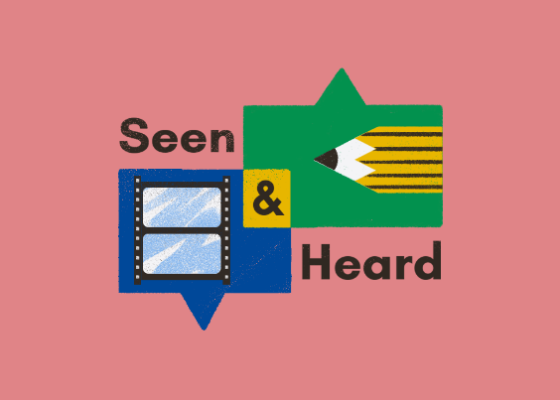
COUNTRY-BY-COUNTRY RESEARCH
Malta
The Malta team of researchers, led by Dr Giuliana Fenech, are running the survey across state, church, and private schools in a bid to involve as many children as possible in a representative way.
Research Support Officer, Sandy Calleja Portelli, visits schools each week taking the time to explain the scope of the survey and running a literature workshop.
During this workshop, the children have the opportunity to explore books that feature social justice stories and young people speaking up on important social issues.
“Working with children is also about understanding their daily lives and the contexts in which they learn, play, and grow. This project is about pausing adult expectations to really take the time to listen to the children. It’s also about reaching out to those at risk of marginalisation to make sure that they too feel seen and heard”, says Sandy. “We have been amazed by the young people’s responses, the depth with which they engage with the literature and their insightful comments.”
Overwhelmingly, students value being part of a study ‘that is not only happening in Malta’, and many tell us that this is the first time they have been asked to reflect on these issues so deeply. As one student said: ‘I feel respected, nobody has ever asked me these things before’. Most importantly, the children are clearly enjoying the sessions, saying ‘it’s a fun way to read a book … doing more than just reading the words’. Another told us, ‘I wasn’t going to take part, but my friends said it’s fun so…’.
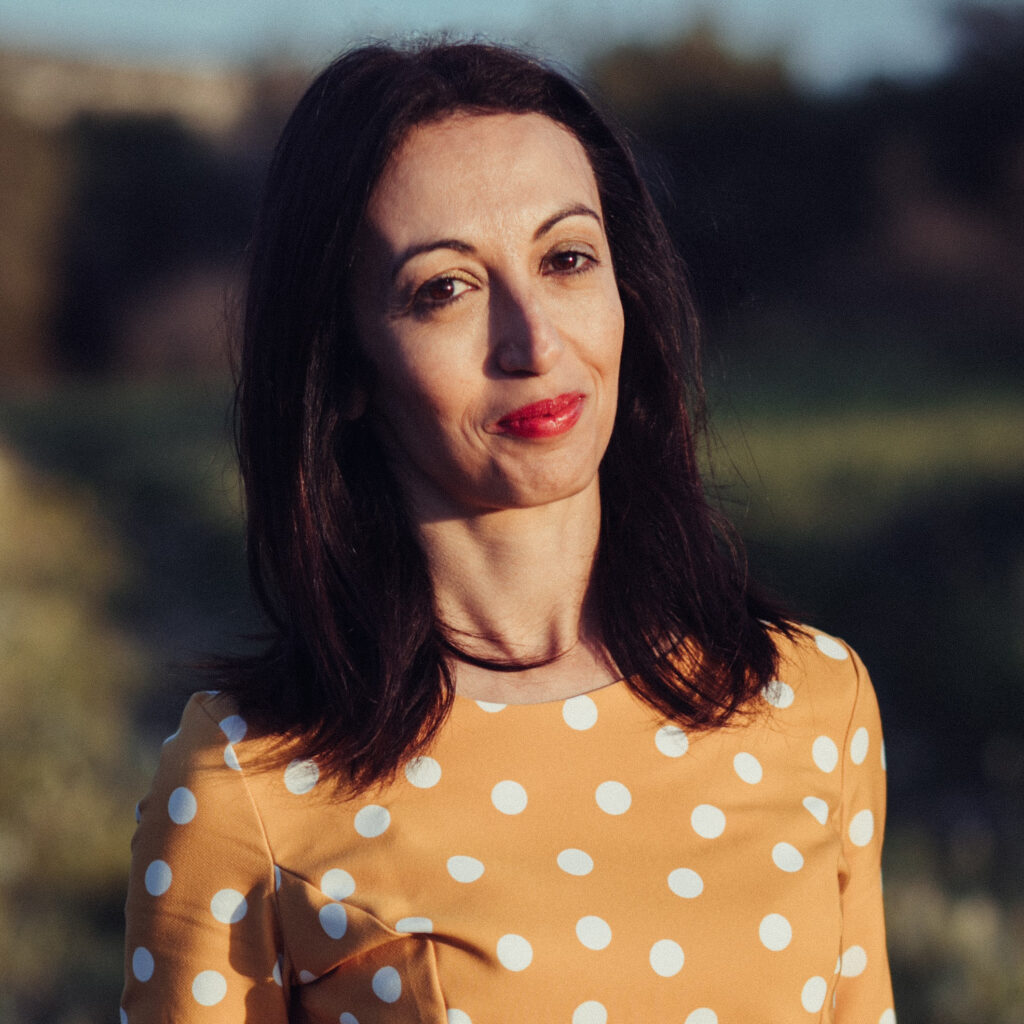
It’s not just the children who are commenting on the need of projects like this. The educators in all the schools we are visiting have pointed out that the importance of instilling courage and confidence to speak out in their students is amplified in a world of social media and fake news. It is only through collaboration across all stakeholders, and the resourcing of schools, that we ensure that young people feel seen and heard, and truly acknowledged as citizens with agency.
berlin, germany
The German research team, led by Dr Farriba Schulz, and supported by Lena Meidinger, Leah Ilk and Laura Kirschstein, was running online surveys and literature workshops in two primary schools in two 6th and one 5th grade class in Berlin.
But before they started, the students drew a card from a set of footballers and women of influence and used their names as their pseudonym. Choosing a pseudonym not only guaranteed anonymity, but also led to extensive discussions at the beginning of the programme, which already concerned the children’s right to privacy. This showed the primary student’s considerable knowledge about data protection and ways to protect privacy on the Internet, such as the use of passwords and pseudonyms, and offered the opportunity to talk about how we would continue to work with their information and why their information is so important to us.
However, the most interesting discussions took place during the literary workshops. In order to lead the discussion, questions they were asked were for instance: “What comes to your mind when we say play? While they frequently mentioned a lot of video games like Fortnite, Minecraft and FIFA in relation to the term “play”, sports such as soccer or basketball as well as role-playing or board games were mentioned much less frequently. Surprisingly, this applied to all the classes in which the team did the workshop. The research team also asked the participants about environment, safety, protest and freedom. And here alone, the children’s knowledge and diversity in their answers was outstanding. It was great to see that the students extensively commented on and discussed all the terms. The students spoke of CO2, nature, family, community, safe home, a door you can lock, no war is freedom etc.
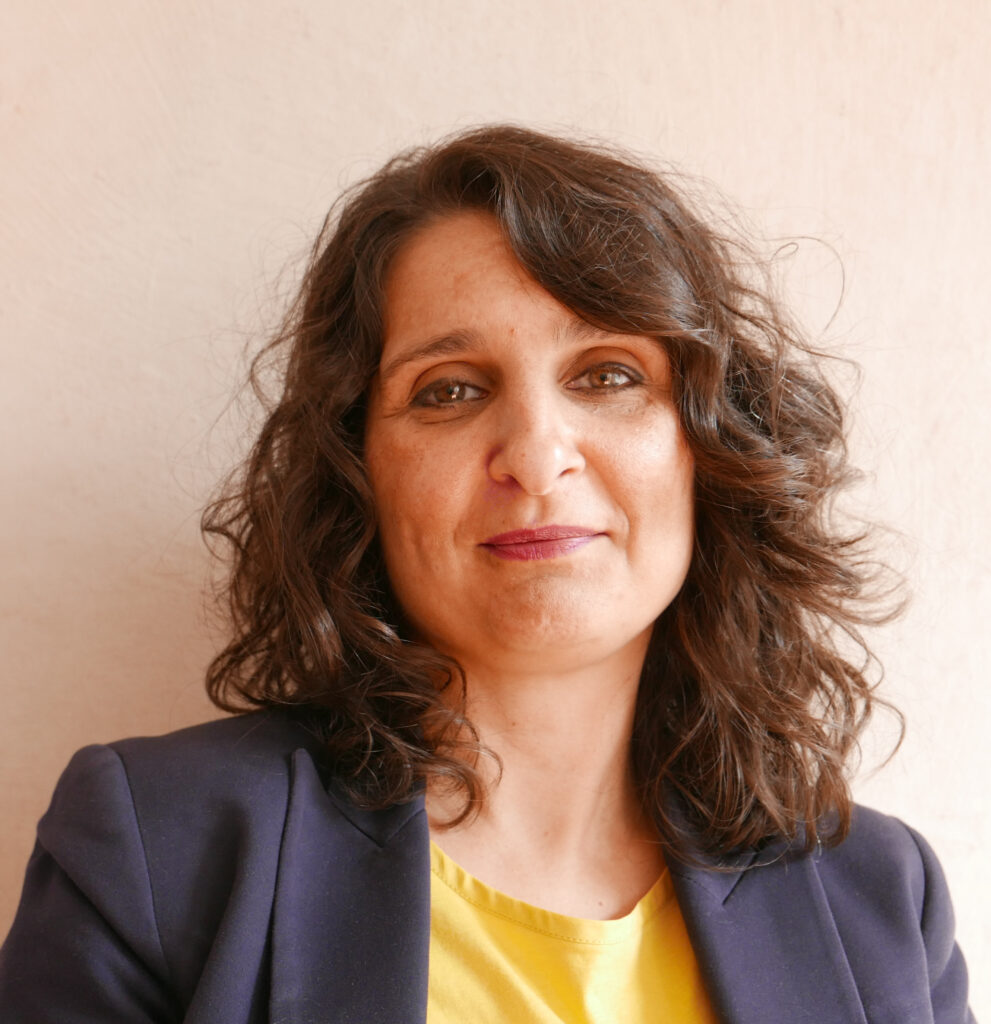
In order to intensify this collection of associations, the team then defined a few selected children’s rights together with them and deepened these reflections by looking on children’s and human rights addressed in children’s literature. But before the students picked a picture book of their liking, together we watched the wordless animated short film “A Joy Story: Joy and Heron” by Kyra Buschor, Constantin Paeplow and Kenneth Kuan (AUS: 2018) together, while focusing on which human rights/children’s rights could be identified and why. According to the story, in which a bird steals from a fisherman for his young one’s worms, a small discussion arose about whether and when theft is legitimate and who is responsible for the care of children. Such small but important thought experiments occurred during the contemplation and discussions on and about the books in relation to many different human rights/child rights addressed in the books and will hopefully be continued further.
Wroclaw, Poland
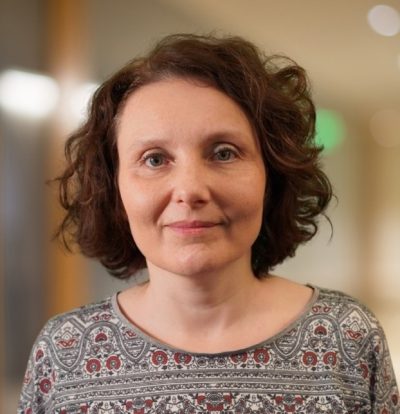
The UWr team, led by Dr. Justyna Deszcz-Tryhubczak, has recently finished the first stage of the mentorship programme, which involved collaboration with Polish and Ukrainian students and teachers at Primary School No. 1 in Wrocław.
This stage consisted of four steps: a questionnaire for the students before the workshop, the workshop “Can Literature Inspire Us to Act?”, a questionnaire for the students after the workshop, and interviews with the teachers. Both questionnaires were designed by the consortium, with some variations due to language issues, cultural contexts, and suggestions from ethics committees at the partner universities.
The first questionnaire addressed, among others, the children’s knowledge of their rights and the themes they consider important in books, movies, or games.
The second one was designed to find out whether the workshop had a positive impact on the children’s attitudes toward these issues
Moreover, after the workshop, Dr. Justyna Deszcz-Tryhubczak and Dr. Mateusz Świetlicki interviewed Ms. Katarzyna Zwierzyńska-Paluszek and Ms. Yuliia Solomentseva, the teachers involved in the project.
We are now analyzing the data collected through the questionnaires, interviews, and the workshop.
